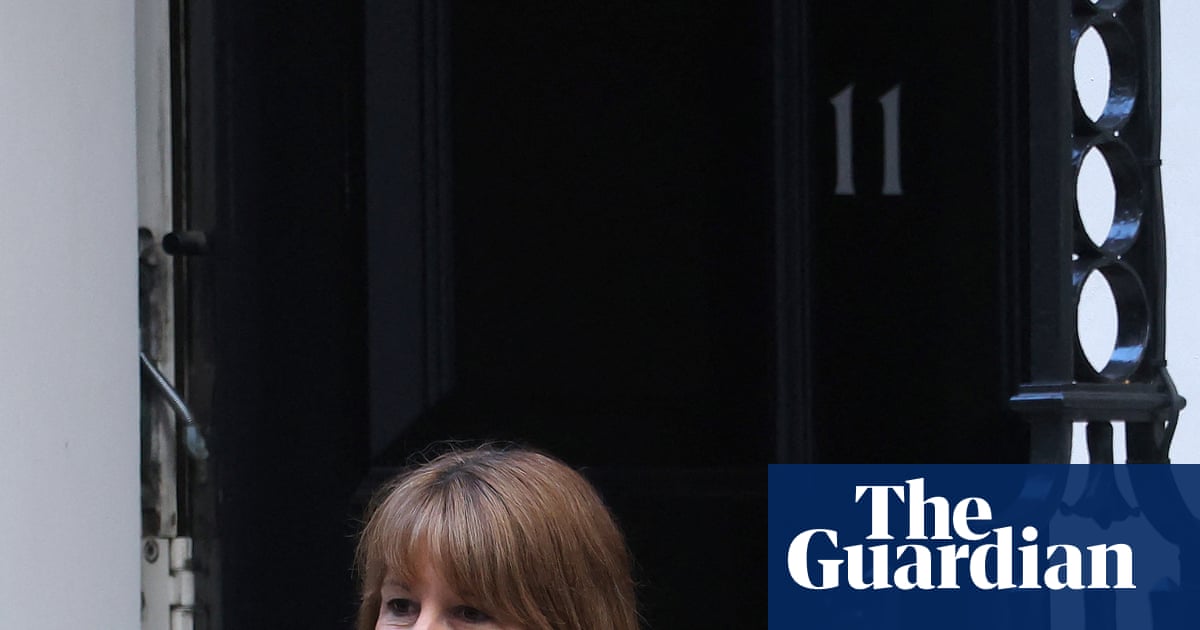The Office for Budget Responsibility is expected to downgrade its key productivity forecast, the Guardian understands, setting Rachel Reeves on course to break her fiscal rules without significant action in the budget.
The government’s independent watchdog has carried out a “stocktake” of its forecast models over the summer, and Treasury officials privately acknowledge the result will inevitably be a weaker growth outlook.
One Treasury source said they expected the OBR to “kitchen sink it” – making a significant downward revision to productivity forecasts in one go rather than taking a more piecemeal approach.
Reeves will respond by pointing to the long-term weakness of productivity in the UK economy and promising to tackle it with a programme of investment.
The consultancy Oxford Economics, however, estimates that moving the OBR’s productivity forecast back in line with the less optimistic independent average projection would knock 1.4% off GDP at the end of its five-year forecast period.
That would force Reeves to increase taxes or cut spending by an eye-watering £20bn to meet her fiscal rules and maintain her slim £10bn of headroom, roughly the equivalent of raising the main and higher rates of income tax by 2p.
Treasury ministers hope to convince the OBR to “score” government policies such as planning reforms, which it hopes will boost growth, but these are likely to be more than outweighed by the productivity downgrade.
When it assesses the chancellor’s headroom against the fiscal rules, the OBR will also have to take into account the additional costs of recent political U-turns, including on the winter fuel allowance and botched welfare reforms.
The widespread expectation that Reeves will have to raise taxes, combined with a late budget date of 26 November has paved the way for weeks of fevered speculation about how extra revenue might be raised.
Reeves is understood to have expressed frustration at the publication of a paper from the Institute For Public Policy Research that called for a windfall tax on banks and prompted a selloff of financial sector stocks earlier this month.
Any plans for tax changes will have to pass a beefed-up “budget board”, whose makeup was announced last week and which is intended to avoid a repeat of the furious business backlash that followed last year’s budget.
The CBI’s chief executive, Rain Newton-Smith, urged the chancellor last week to consider breaking Labour’s manifesto pledges not to increase national insurance, VAT or income tax, rather than look to businesses again to raise more revenue.
A Treasury spokesperson said: “We are not going to speculate on the OBR’s forecast. We are committed to keeping taxes for working people as low as possible, which is why at the last budget, we protected working people’s payslips and kept our promise not to raise the basic, higher or additional rates of income tax, employee national insurance or VAT.”
